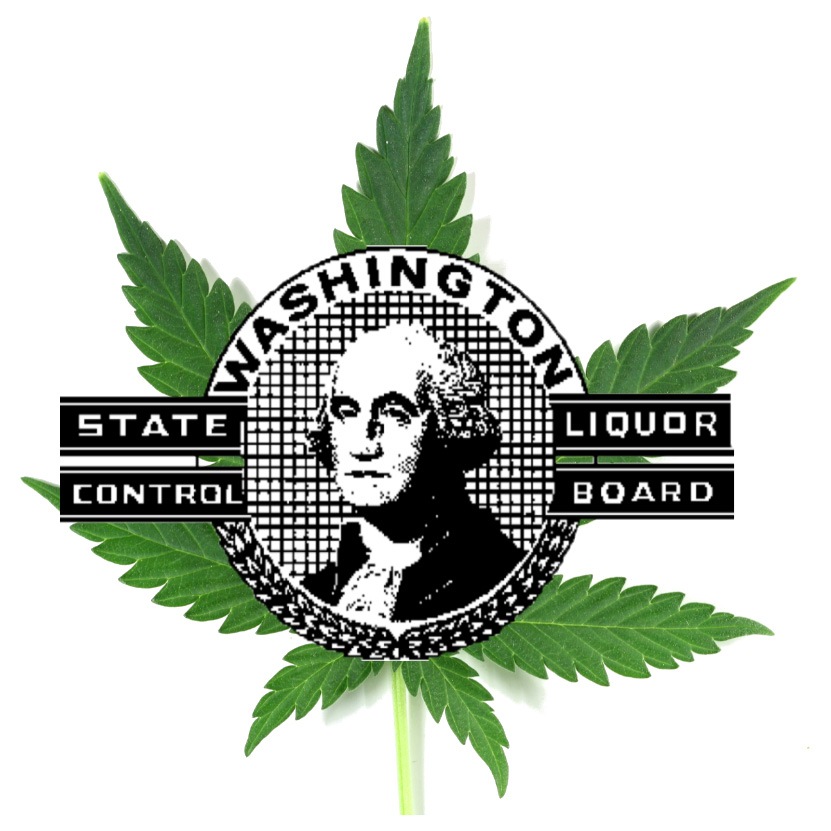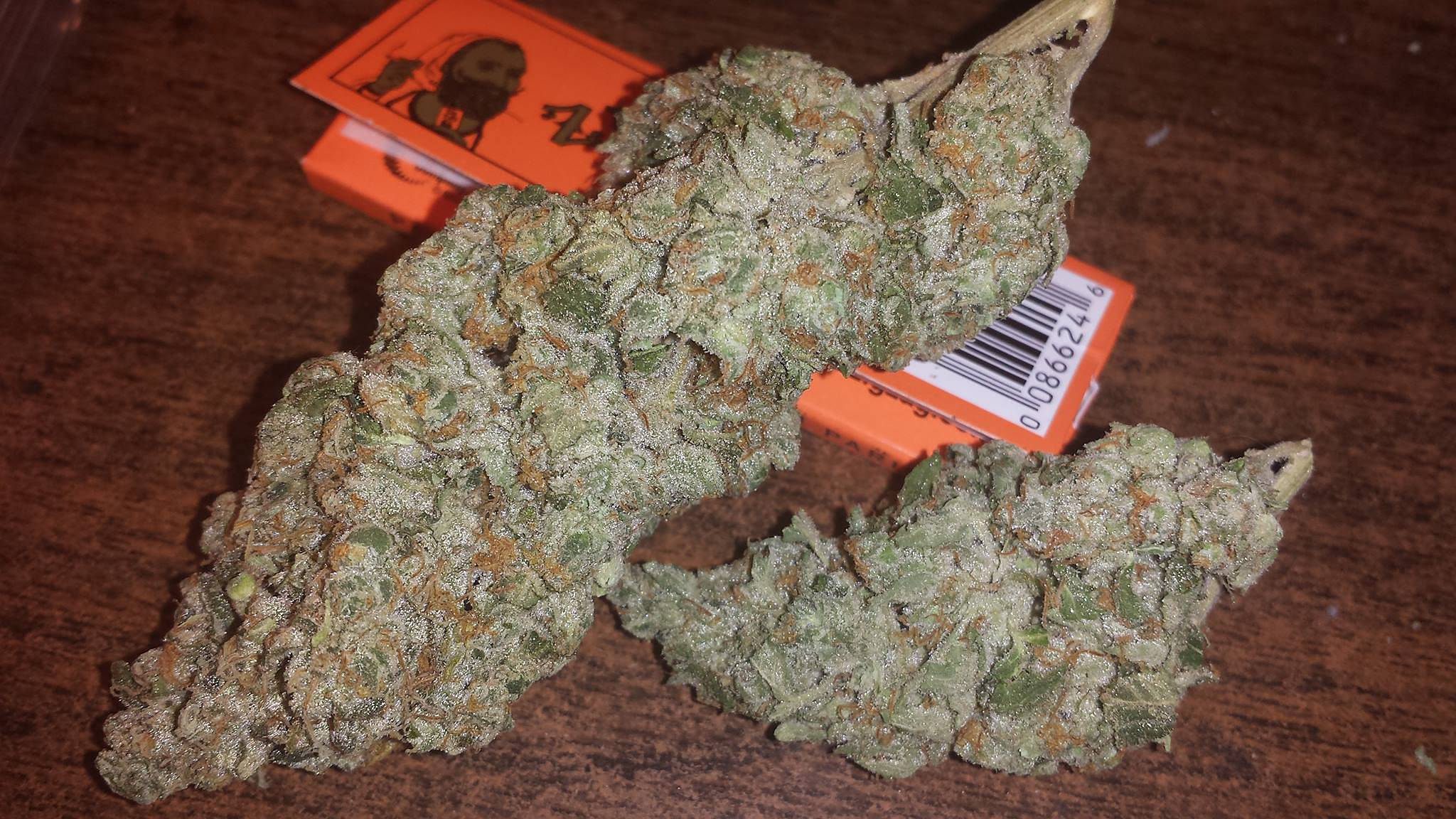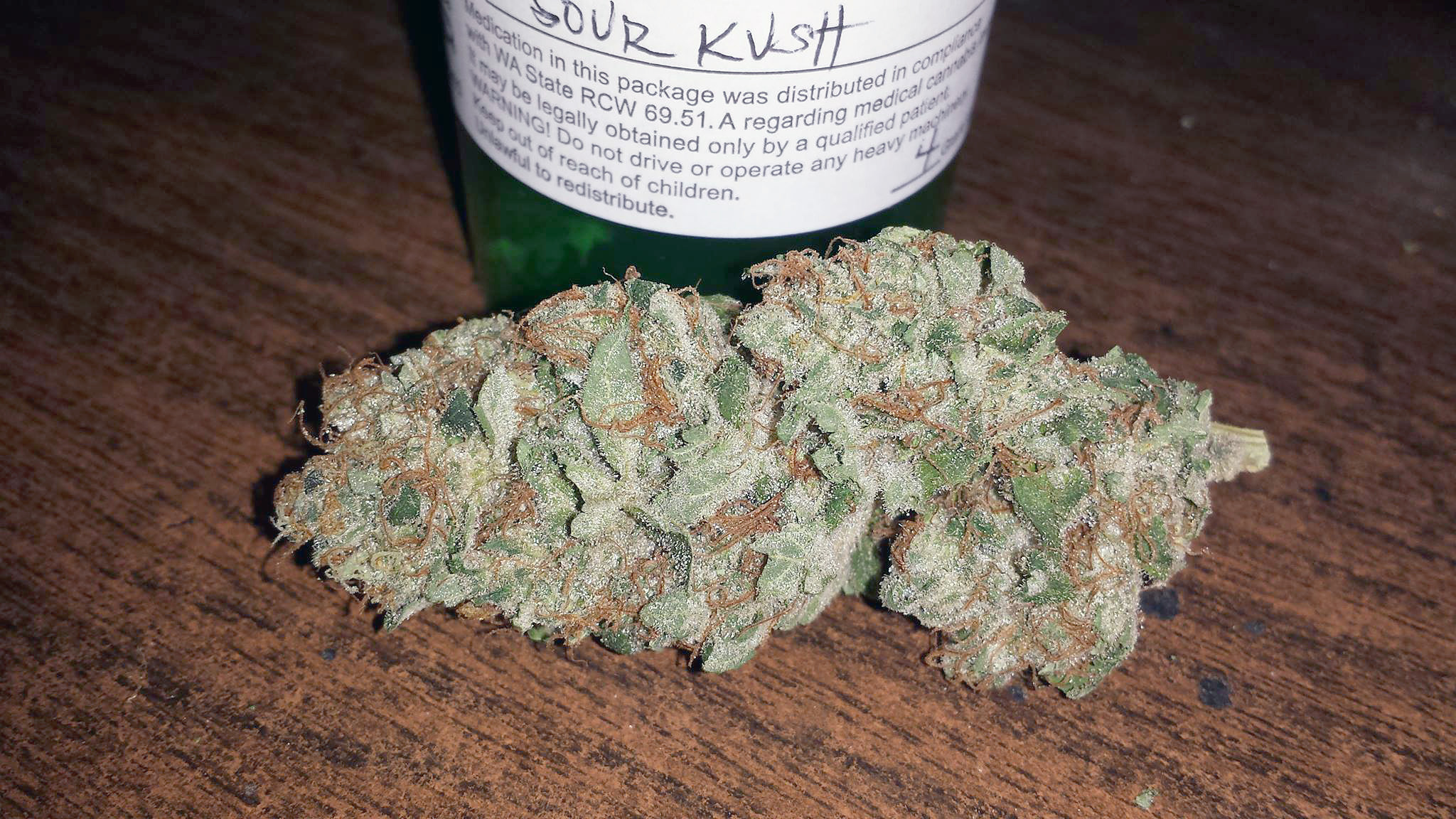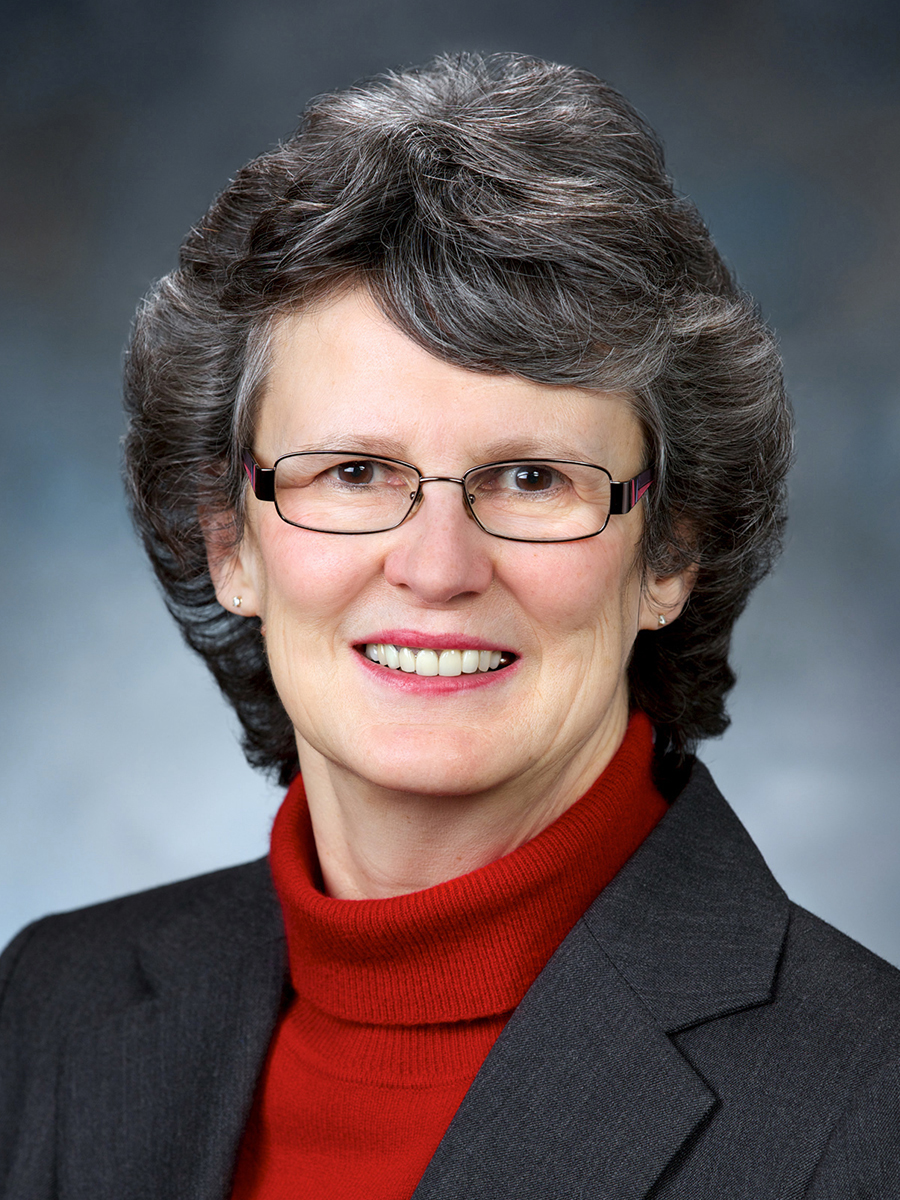The Washington State Liquor Control Board—under heavy patient pressure—reversed itself last week, saying it will recommend to lawmakers that medical-marijuana patients continue to be allowed to grow cannabis in their homes. Despite the fact that plant counts have been reduced, that represents a big victory.
“We’re all in agreement on home grows,” chair Sharon Foster said of the three-member board, which also includes Ruthann Kurose and Chris Marr.
The Board’s previous recommendation—that home growing be outlawed in order to force patients through the recreational channels established by I-502—had produced outrage in the medical-cannabis community. Since recreational pot users aren’t allowed to grow their own under 502, the rationale was to also ban patients from growing.
LCB members last week said they now recommend that patients be allowed to grow up to six plants, three flowering and three non-flowering. Patients are currently allowed to grow up to 15 plants at any stage of growth. The Board failed to explain why the 15-plant limit—arrived at by the legislature after conferring with experts—is being abandoned.
The outlawing of patient home grows was the most controversial recommendation the LCB made last month. In public comments about the recommendations, preserving home grows was the most common request, made by 362 people in written requests.
It was also the most common refrain at an emotional public-input meeting held in Lacey last month, in which some 600 patients and advocates packed a room designed to hold 450 people. Patients told board members that home growing provides them with more affordable medicine, and allows them to have strains they might not be able to find in recreational-marijuana stores. Maybe the board was actually listening, despite intimations by NORML Washington State Director Kevin Oliver that patients were wasting their time testifying.
The Liquor Control Board still recommends that the legislature shut down collective gardens, a move that would effectively end the medical-marijuana dispensary scene. If that happens, the number of safe-access points in Seattle would drop from more than 200 now to only 21 recreational-marijuana stores.
State consultants have publicly admitted that they are concerned that the medical-marijuana system will “siphon” potential customers away from the profit-making recreational system, and have called the maintenance of two parallel systems of cannabis distribution “inconvenient.”
The Board wants to allow only those recreational-marijuana stores that get a state endorsement for medical marijuana to serve patients—but state officials haven’t yet determined what the criteria would be for such an endorsement. That means that a number of the recreational stores might not be “endorsed” to sell to medical patients, leaving medical-marijuana patients with even fewer safe-access points.
Too bad there’s not already an existing system of medical-marijuana collectives which specifically exist to serve patients. Oh, wait—there is! But the state has decided it’s bad for profits.
tokesignals@seattleweekly.com
Steve Elliott edits Toke Signals, an irreverent, independent blog of cannabis news, views, and information.








